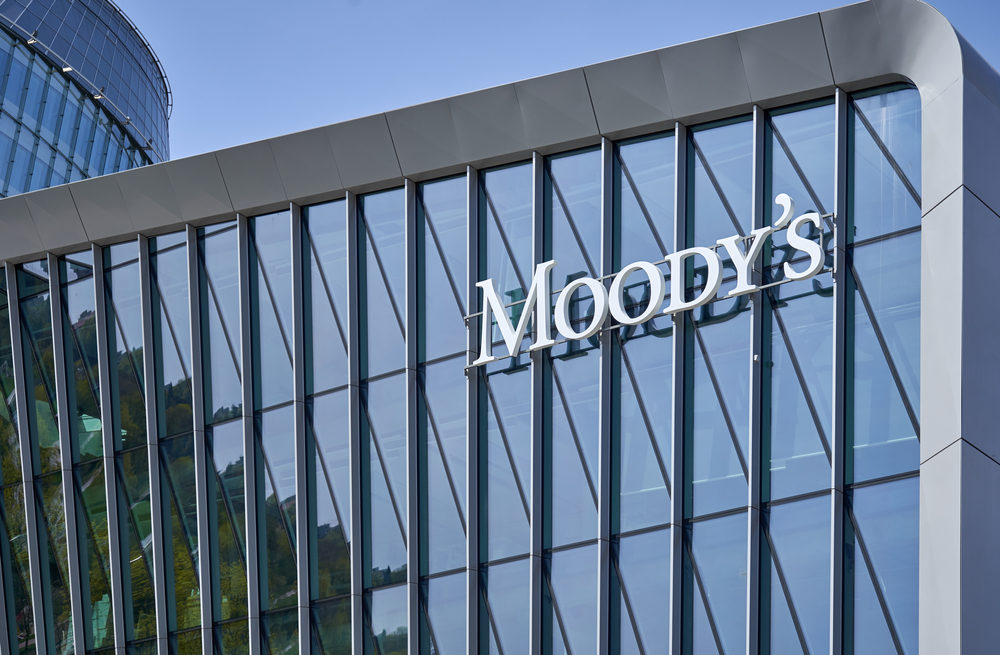MOL Prospecting for new, Innovative Solutions

Hungarian oil and gas giant MOL is perhaps the quintessential Magyar multinational, one of the country’s biggest blue-chips, with business interests around the world, though concentrated in the region. The Budapest Business Journal spoke with COO Péter Ratatics about the impact of COVID-19 and the move toward sustainability.
Péter Ratatics
BBJ: How did the COVID-19 pandemic affect MOL’s activities?
Péter Ratatics: In the past few decades, oil consumption has gradually but steadily shifted towards the transportation and logistics sectors. As these were the sectors that were affected most severely and rapidly when the boarders were closed, oil demand started to plummet by an unprecedented extent.
MOL has faced many shocking events in the past, but we’ve proven many times that we are a well-capitalized and viable company and we are ready to secure energy and service supply even under extreme circumstances. Thus, the company was able to maintain stable operations in a market with worsening prospects and worsening demand during the pandemic.
BBJ: To what extent did you need to modify previously approved plans?
PR: MOL switched to crisis economy mode in April and we reviewed our investment and development plans focusing on the most important tasks. Therefore we lowered our annual EBITDA goals by 25% and reduced our investment costs below USD 1-5 billion dollars. We also decreased our operational costs, while our liquidity is still strong, even with the completion of the purchase of the Chevron assets in Azerbaijan in April, so we have USD 2 bln-2.5 bln available to ride out the storm, even in the case of a prolonged crisis. We have also decided to take another step until things get back to normal: we are retaining our after-tax profit for 2019 fully, which might be paid out as dividends – partially or as a whole – at a later point if shareholders decide so.
BBJ: Which activities were affected and to what extent?
PR: Demand for fuel products decreased by almost 40% and for non-fuel products by 30% on a group-level. In line with that, we reduced the production of our refineries and optimized our operation on group-level so that we can flexibly adapt to changing demands. With that we managed to avoid shutting down our refineries, which, from a technical viewpoint, allowed us to increase capacity without any problem as the demand started to rise again. Today, we are running our refineries at 100% capacity again. Regarding non-fuel products, we have reached last year’s sales figures at our service stations. As for our petchem [petrochemical] division, we maintained last year’s sales volume in the case of polymer products during the entire period and even reached a new record in May. At the same time, the USD 20 oil price affected our upstream division quite negatively. Just like everybody else, we reduced the volume of produced barrels of oil.
BBJ: Were there any changes regarding employment, working hours or work scheduling?
PR: We introduced travel bans right after the coronavirus started to spread and then shifted to home office a couple of weeks later in the middle of March in every position where it was possible. Those colleagues who were responsible for business-critical tasks continued to work at our sites as we could not operate our refineries without them when the whole region’s energy supply was at stake. We have honored their brave performance with a pandemic allowance, and protected their health with really strict preventive measures.
The biggest challenge for HR was that the coronavirus kept setting new tasks and priorities: we had to completely change our work scheduling, immediately shift to the use of digital devices and had to address the changes in workload as well.
BBJ: What are your plans for the coming period?
PR: The pandemic and the changes in consumers’ behaviors following the pandemic shed light on a many things. Besides risks and difficulties, we identified opportunities as well. The most apparent example is probably our MOL Hygi, the social relevance of which is unquestionable as well.
As for our long-term prospects, the importance of sustainability in the whole economy has exceeded our expectations of four or five years ago: political decision makers are setting ever more ambitious targets. This creates an interesting situation: the pandemic may precisely accelerate the decrease of the role of fuels, the product that was originally the base of our long-term strategy in 2016. As a response, we are decreasing the ratio of fuel production, while refinery products will be utilized as an expansion of our petchem and chemical portfolio. In parallel, we are also planning other investments in the petrochemical and chemicals value chain, part of which is that we are currently building a new polyol complex at Tiszaújváros. Another strategic goal of ours is to invest into new, innovative solutions in the fields of both new business directions and the oil industry, such as e-mobility, self-driving cars, alternative fuel products and plastic recycling, which support sustainability as well.
BBJ: What role did MOL have in fighting the pandemic?
PR: With the spread of pandemic accelerating, we decided to transform one of the production lines at our site in Almásfüzítő to support the preventive measures with our own means. During the past few months, we have produced more than 2.5 million liters of hand and surface sanitizers and delivered it across the country so as to stop the spread of the coronavirus. Since the end of March, we have been supplying institutions fighting in the frontline – hospitals, public utilities and transportation companies – but we also donated sanitizers. Thus, we handed out approximately 20,000 liters of MOL Hygi to the largest aid organizations and municipalities. More recently, we have just handed over a total of 13,000 liters of MOL Hygi hand sanitizer to the [subsidized summer] Erzsébet Camps in order to keep children safe.
SUPPORT THE BUDAPEST BUSINESS JOURNAL
Producing journalism that is worthy of the name is a costly business. For 27 years, the publishers, editors and reporters of the Budapest Business Journal have striven to bring you business news that works, information that you can trust, that is factual, accurate and presented without fear or favor.
Newspaper organizations across the globe have struggled to find a business model that allows them to continue to excel, without compromising their ability to perform. Most recently, some have experimented with the idea of involving their most important stakeholders, their readers.
We would like to offer that same opportunity to our readers. We would like to invite you to help us deliver the quality business journalism you require. Hit our Support the BBJ button and you can choose the how much and how often you send us your contributions.








